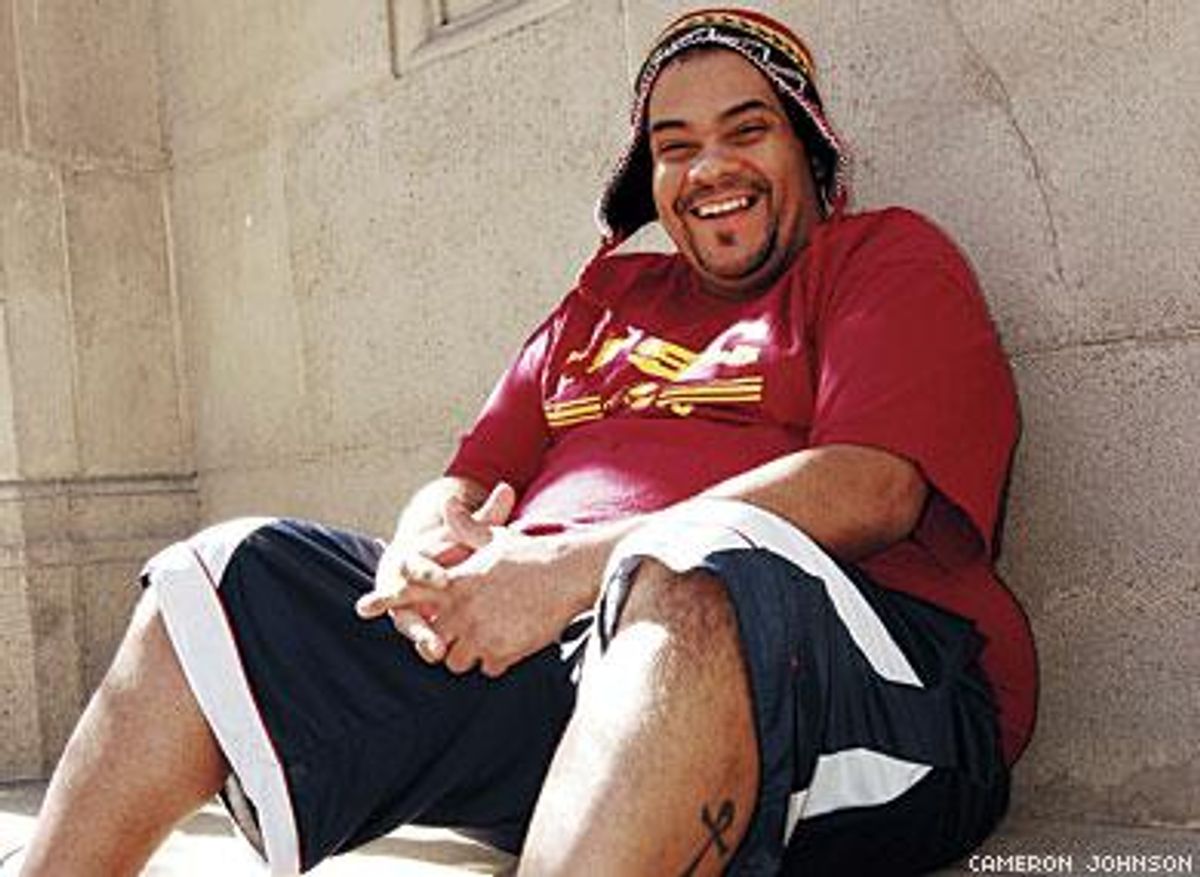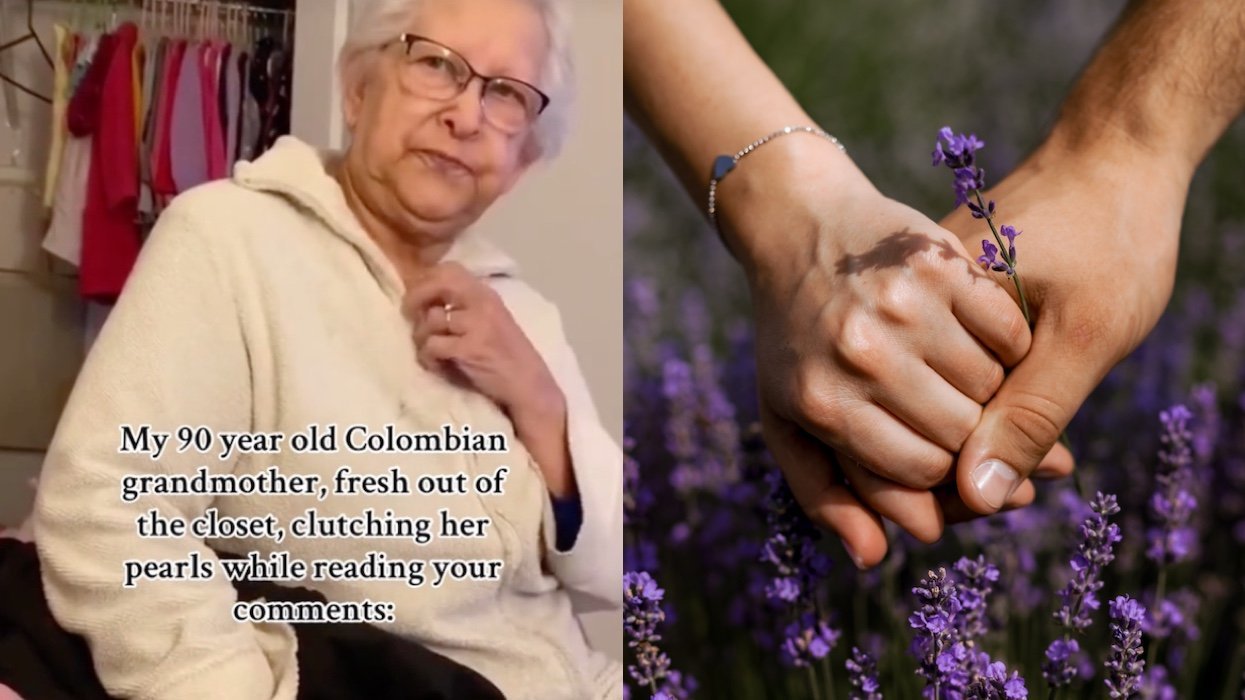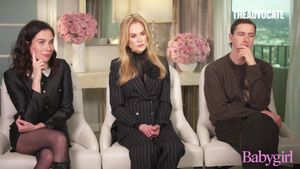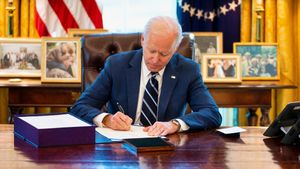
CONTACTStaffCAREER OPPORTUNITIESADVERTISE WITH USPRIVACY POLICYPRIVACY PREFERENCESTERMS OF USELEGAL NOTICE
© 2024 Pride Publishing Inc.
All Rights reserved
All Rights reserved
By continuing to use our site, you agree to our Private Policy and Terms of Use.
Many people call themselves survivors, but Kengi Carr is the real deal. The 41-year-old has lived through life on the streets, sickle-cell anemia, kidney cancer (now in remission), and now HIV. Through it all, Carr's altruistic spirit remained as strong as his will to live. He's launched two groups -- Do Something Saturday and Unpluggin HIV -- to help others in his situation embrace their inner Gloria Gaynor.
What's the goal of Unpluggin HIV?
I started Unpluggin HIV on April 3 of last year, which was the one-year anniversary of me testing positive for HIV. Its mission is to support people battling low-income life, homelessness, and HIV. So I do that on Los Angeles's skid row at a site that houses 40 HIV-positive residents. It's anything from getting them hygiene products to gently used clothes; if they need someone to talk to, they can call me.
Where does funding come from?
I have a core group of people who supported me through my 29 months of homelessness.
How did you become homeless?
I lost my job and was taking care of a family member.
What was scarier: losing your home or testing positive?
Losing my home. When HIV came, I already knew I was positive because I was sort of seeing someone who had lied about their status. For me, HIV is totally different from homelessness. I have sickle-cell anemia, so I've been fighting my entire life. I'd already battled cancer and was battling homelessness. I remember the first thing I said to my doctor: "How will I be able to continue my work?" I wasn't worried I was going to die, because dying wasn't an option for me. I was worried about the HIV because I was homeless and the services we think are there for people who are low-income or homeless are just not there.
Have we gotten to a point where people just accept HIV status as a character trait, like race or gender?
No. Most people automatically assume I was out being promiscuous. One thing I can say about being homeless and HIV-positive is that it's forced me to always believe in myself and not give up. No matter how much I feel the world is stacked against me, if I believe in me and keep moving forward, things will move forward. That's what I try to do with my outreach -- I remind people you may be in this situation, but you are still here, your life is still here, you are still valuable.
How difficult is it for people on the streets to get medications and health care?
When you're homeless, your main concern is housing. So there were times I had to make a choice: Am I going to see my cancer team, or am I going to line up for housing? You have to make those choices every day. You can't do it all. There is nothing to help you navigate it all. There were times I made the choice to get housing, which meant I had to make the choice of which trash can I was going to eat out of.
Nbroverman
From our Sponsors
Most Popular
31 Period Films of Lesbians and Bi Women in Love That Will Take You Back
December 09 2024 1:00 PM
18 of the most batsh*t things N.C. Republican governor candidate Mark Robinson has said
October 30 2024 11:06 AM
True
After 20 years, and after tonight, Obama will no longer be the Democrats' top star
August 20 2024 12:28 PM
Trump ally Laura Loomer goes after Lindsey Graham: ‘We all know you’re gay’
September 13 2024 2:28 PM
Melania Trump cashed six-figure check to speak to gay Republicans at Mar-a-Lago
August 16 2024 5:57 PM
Latest Stories
Extensive cover-up effort revealed in L.A. County deputy's beating of trans man
December 24 2024 4:51 PM
Babygirl's Nicole Kidman, Halina Reijn on women, sex, and power
December 24 2024 4:19 PM
Transgender youth endangered as anti-trans defense budget is signed into law by Biden
December 24 2024 2:38 PM
President Joe Biden signs into law first federal anti-LGBTQ+ bill in decades
December 24 2024 10:27 AM
What about Amber Heard? This Blake Lively 'smear campaign' sure feels familiar
December 24 2024 7:45 AM
The Advocate's 25 top LGBTQ+ news stories of the century so far
December 23 2024 7:46 PM
Gay arts and entertainment journalist Gil Kaan has died at 72
December 23 2024 6:19 PM
California Gov. Gavin Newsom signs new law protecting LGBTQ+ students from being outed
December 23 2024 5:14 PM
Get ready for Aspen Gay Ski Week 2025
December 23 2024 4:24 PM
Donald Trump promises transphobic policies that will target youth and service members on 'day one'
December 23 2024 12:28 PM
Matt Gaetz allegedly paid tens of thousands of dollars for sex and drugs: House Ethics report
December 23 2024 10:41 AM
Freemasons, gay men, and corrupt elites in Cameroon — inside a conspiracy theory
December 21 2024 12:51 PM
Kathy Hochul vetos financial protection bill introduced after murders of gay men
December 21 2024 12:29 PM
Trending stories
Recommended Stories for You

Neal Broverman
Neal Broverman is the Editorial Director, Print of Pride Media, publishers of The Advocate, Out, Out Traveler, and Plus, spending more than 20 years in journalism. He indulges his interest in transportation and urban planning with regular contributions to Los Angeles magazine, and his work has also appeared in the Los Angeles Times and USA Today. He lives in the City of Angels with his husband, children, and their chiweenie.
Neal Broverman is the Editorial Director, Print of Pride Media, publishers of The Advocate, Out, Out Traveler, and Plus, spending more than 20 years in journalism. He indulges his interest in transportation and urban planning with regular contributions to Los Angeles magazine, and his work has also appeared in the Los Angeles Times and USA Today. He lives in the City of Angels with his husband, children, and their chiweenie.
















































































